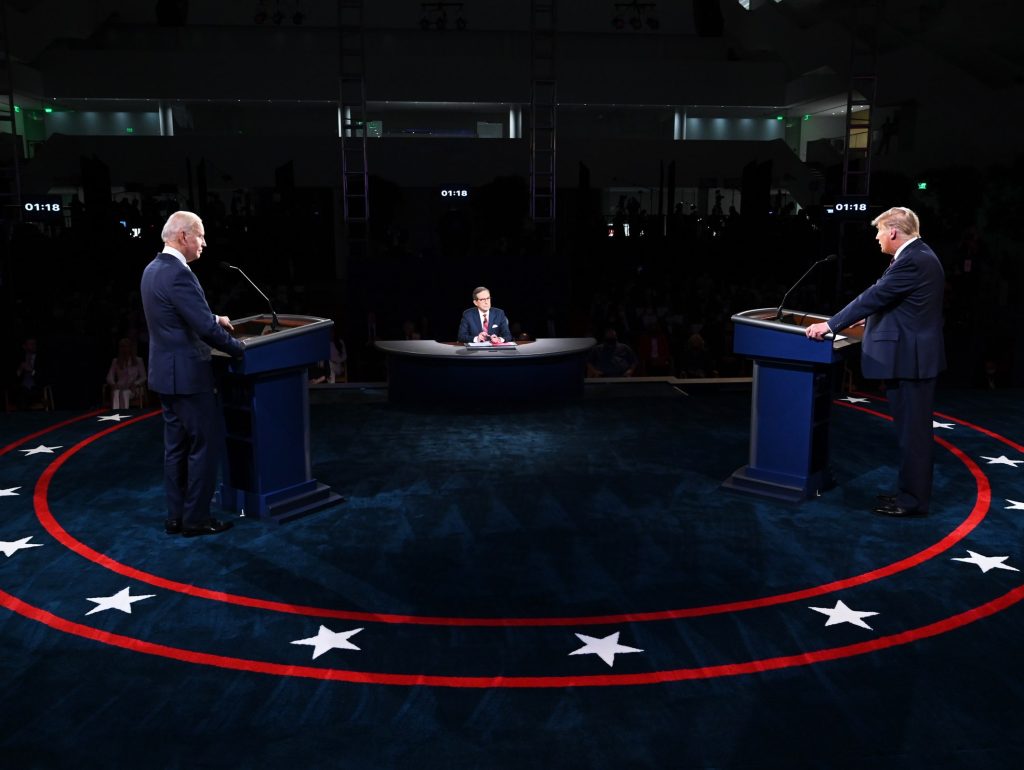
Molouk Ba-Isa broke the Axact story five years before the New York Times. And then her story was pulled by the management of Arab News two weeks after it was published (image source: Saudi Gazette)
While there’s plenty of media titles in the Middle East region – by all accounts the Gulf is the one part of the world where print is still making a profit – there’s few occasions I can remember where the region has had a world exclusive.
There’s always an exception to the rule, and unsurprisingly the person who has been in the limelight recently is a Saudi-based journalist called Molouk Ba-Isa. For those who know her, Molouk is a no-nonsense reporter who often tackles items of interest to her readers and who produces original news rather than copying and pasting news releases.
Molouk’s name was mentioned in the New York Times, as the journalist who first broke the Axact fake diploma scandal. To quote from the first piece the New York Times wrote on the story, in which it broke news of the scandal:
Heavy scrutiny by investigators, politicians and the fractious Pakistani media sector has mounted over the past week for Axact, a Karachi-based software company that has made millions selling fake degrees through a sprawling empire of school websites.
Axact, which has its headquarters in Karachi, Pakistan, ostensibly operates as a software company. Axact runs hundreds of websites, many of which purport to be online universities and high schools based in the United States.
Axact has thrived for more than a decade on its ability to hide links between its operation in Karachi and hundreds of fictitious online schools, many of them claiming to be American. But more such links are coming to light in the days since The New York Times published a detailed account of the company’s operations.
The Axact story wasn’t broken by the New York Times, but rather by Molouk Ba-Isa, who was writing for the Arab News back in 2009. Again, to quote from the New York Times:
For years, former employees said, Axact’s diploma certificates were shipped to customers across the globe through a courier service in Dubai, to give the impression of being based in that city’s free trade zone. But that facade nearly collapsed in 2009, when a technology journalist from Saudi Arabia started looking more closely.
The journalist, Molouk Ba-Isa, was following up on a report that Rochville University had awarded a master’s in business administration to an American pug named Chester. Although Rochville’s physical location was a mystery, Ms. Ba-Isa learned from a courier company official in Dubai that the degree originated from Axact’s office in Karachi.
But when The Arab News published her report, naming Axact, she said her editors received a strongly worded legal threat from company lawyers, and the article was removed from the Internet. This week, Ms. Ba-Isa said in an email that she felt vindicated.
In her weekly article for the Saudi Gazette, Molouk wrote about her Axact story which was published both in print and, even more importantly for a company which sells degrees via the internet, online.
On October 7, 2009, I received an email from Abdul Karim Khan & Company with a subject line “Cease and Desist.” The email was sent from akkc2005@yahoo.com, copied to legal@axact.com.
Abdul Karim Khan & Company, claimed to be “Advocates, Attorneys and Legal Consultants,” located at Suite No. 1108, 11th Floor, Kashif Centre, Sharah-e-Faisal, Karachi.
The email stated that the lawyers represented Axact (Pvt.) Ltd and they were putting forward a Cease and Desist Letter authored by Fahim ul Karim.
The letter demanded that the article published on October 6 be removed from arabnews.com or prosecution would proceed. Arab News was also included and threatened in the Cease and Desist Letter.
Immediately, I was asked by senior Arab News staff to provide evidence for all allegations in my report. I turned over my notes and the taped interview with Vicky Phillips, the founder of GetEducated.com, whose dog had been awarded the degree.
I provided telephone numbers for the shippers in Dubai and images of the shipping label. Within a week of the first email, the legal documents arrived from Pakistan to Jeddah by courier.
Once the article had been up on the website for two weeks, senior management at the newspaper made the decision to take the report down to stop any lawsuit.
However, no apology was issued and my report was never retracted. I continued to dig for information about Axact’s illegal activities.
While Molouk should be praised for her pioneering work, why didn’t the management at Arab News and its publisher defend her reporting and keep it online? Did they really fear a court case? Do they bear responsibility for those who have been defrauded by Axact in the five years since that initial piece was published by Molouk? And what does this say about investigative journalist in the Middle East?
A global scoop which never was… Molouk, you did a fantastic job. If only our publishers are as brave as our journalists, maybe this piece would have had a different ending. Ultimately, I’ll leave the last word to Molouk.
My thanks go out to all those who have helped to publicize Axact’s alleged malfeasance. Keep up the good work.









